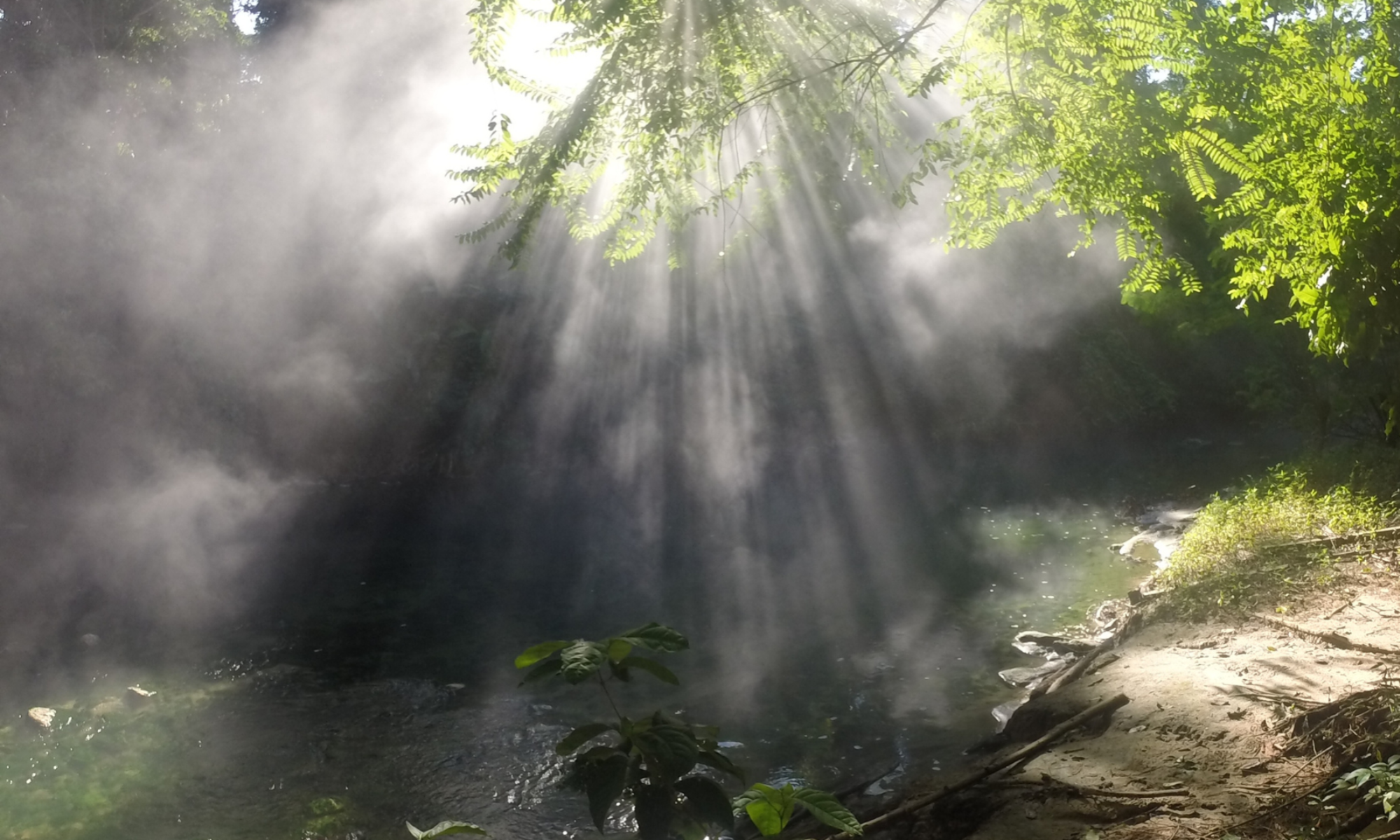
Santa Clara: A Sustainable Community
In 1986, the Shipibo-Conibo community, Santa Clara, mobilized towards an important directive: to regenerate and share their ancestral traditions and incorporate them into every aspect of everyday life. A small community of about two hundred residents located on the Ucayali River, the largest headstream of the Amazon, Santa Clara has devoted itself to building their traditional skills and knowledge from horticulture and fishing, building, language, and arts and culture and has made significant contributions to the solidarity and dissemination of indigenous traditions in that time.
The Shipibo-Conibo are one of the most populous ethnic groups and a significant cultural influence in the Ucayali Region. They are one of the few groups that successfully resisted Inca colonization and religious acculturation by foreign missionaries and have to this day maintained much of their culture. Traditionally adept as fishermen, healers, storytellers, and artisans, the Shipibo-Conibo have been leaders in community building in the Ucayali for thousands of years. Today the total Shipibo-Conibo population number approximately 35,000 with concentrations in Pucallpa, the town of Yarinacocha, and communities along the Ucayali and Pachitea rivers.

The Shipibo-Conibo have a rich ecological cosmovision that sees personhood as a network of interrelations with community and the natural world. Harmony, reciprocity, and sustainability are values integral into their worldview. When you visit Santa Clara, you will find a tranquil village built in the shade of mango trees where every aspect of life follows local traditions with pride. Homes are built with sustainable harvested wood (quinilla), and palm thatch in the traditional style and you will also find a community centre, an intercultural school for the children to receive lessons in their native Shipibo language, and a ceremonial round-house (maloca) where traditional healing ceremonies are held under their Onaya (healer), Chonon Benxo or Maestra Elena Valles Lomas.

Building Connections
Santa Clara understands well that the key to building ecological communities is not only fostering traditional practices in the village but also building relationships and sharing knowledge with partners in the greater community and across the globe. In the Ucayali, Santa Clara is a key player in developing education and identity, producing bilingual learning materials, and working with partner organization ARIAP (Association of Amazonian Indigenous Roots), they have been instrumental in the creation of Axenon Ikanwe, the first radio station dedicated to Shipibo language and culture. It is their goal to become a sustainable community and a source for research and education on Shipibo-Conibo traditions globally.
Santa Clara Arts Collective

The Shipibo-Conibo artisans are highly respected and known world-wide for their beautiful beaded jewelry, embroidery, and ceramics made with natural materials (dyes, clay, seeds, cloth) and decorated with their highly distinctive kené patterns. The sophisticated use of design is the traditional domain of Shipibo-Conibo women. It is a form that is always innovating and finds expression throughout their material culture. One of Arkaea’s initiatives with the community is to develop an immersive ancestral arts programme with Santa Clara artisans that offers transcultural internships and workshops to visitors and students. This initiative would work in collaboration with partner agencies and institutions such as the Eduardo Mesa Saravia Art school in Pucallpa.

